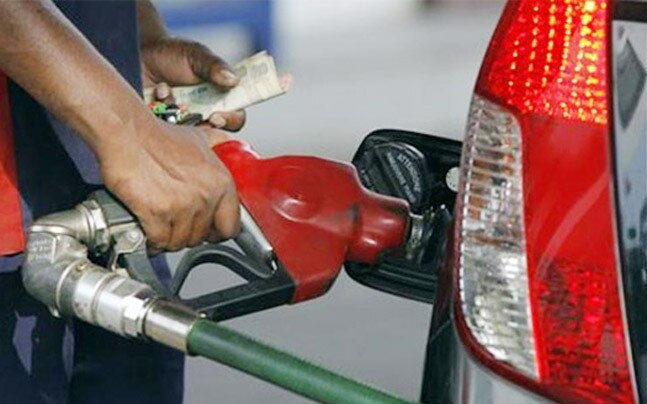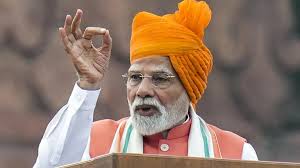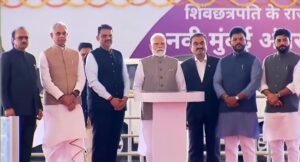Major GST Overhaul Likely by Diwali; Essential Goods May Get Cheaper, Will it affect Petrol and Diesel Prices?

Major GST Overhaul Likely by Diwali; Essential Goods May Get Cheaper, Will it affect Petrol and Diesel Prices?
PM Modi hints at reforms; alcohol, tobacco may face higher tax slab, while relief expected on daily-use items
Prime Minister Narendra Modi, in his Independence Day address, promised “next generation” GST reforms aimed at easing the burden on consumers and micro, small and medium enterprises (MSMEs). The proposals, if cleared, could bring the biggest changes to the Goods and Services Tax (GST) system since its rollout in 2017.
Key Reforms on the Table
The matter has been referred to the Group of Ministers (GoM) set up by the GST Council, which is scheduled to meet on September 9. According to officials, major announcements are likely ahead of Diwali.

- Essential goods cheaper: Items like clothes, medicines, consumer durables (TVs, fridges), cars, and insurance products may see reduced GST rates.
- Luxury & sin goods costlier: Alcohol, tobacco, and cigarettes are likely to be moved under a 40% GST slab. This would increase the cost of these items significantly.
- Petrol & diesel under GST – but not yet: While PM Modi hinted at relief for fuel prices, it will take more time before petrol and diesel come under the GST framework. Currently, these remain major revenue sources for states.
Compensation Cess and Revenue Challenge
The compensation cess, originally introduced in 2017 on coal, tobacco, aerated drinks, and large cars to offset states’ revenue losses, was meant to expire in 2022. However, it was extended until March 2026 due to the pandemic’s impact. Once the cess ends, the Centre will have greater flexibility to rationalise GST rates without depending on additional levies.
What It Means for the Common Man
If the proposals are approved in the September GST Council meeting, consumers could see:
- Reduced prices on essential and household goods by Diwali.
- Continued high taxes on petroleum, liquor, and tobacco until broader consensus is reached.
- A more streamlined GST structure, easing compliance for MSMEs.
The Road Ahead
Petroleum products, liquor, and tobacco contribute significantly to both central and state revenues, making them sensitive areas for reform. Sources suggest the government will tread carefully, balancing affordability for consumers with fiscal stability.
The GST Council’s September meeting is now being closely watched as it could define the next phase of India’s tax structure.












